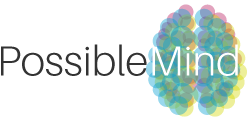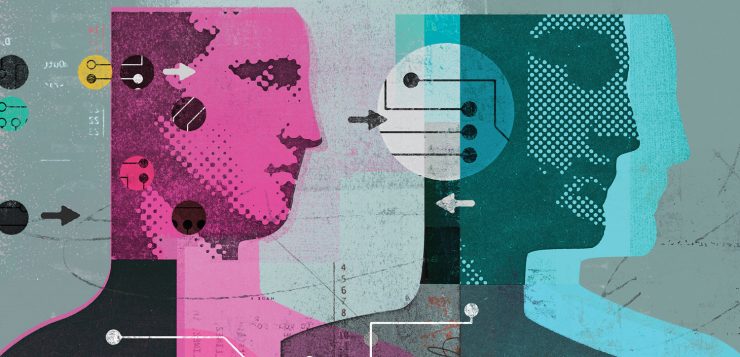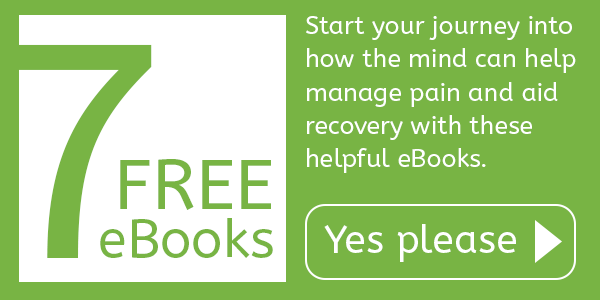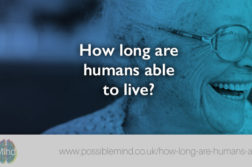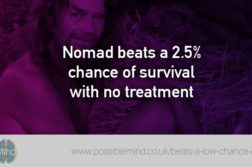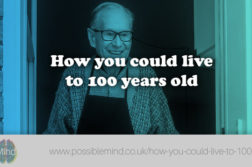Erik Vance didn’t go to a doctor until he was 18; he grew up in California in a family that practiced Christian Science. “For the first half of my life, I never questioned the power of God to heal me,” Vance writes in his new book, Suggestible You: Placebos, False Memories, Hypnosis, and the Power of Your Astonishing Brain.
As a young man, Vance left the faith behind, but as he became a science journalist he didn’t stop thinking about how people’s beliefs and expectations affect their health, whether it’s with placebo pills, mystical practices or treatments like acupuncture. The answer, he found, is in our brains.
Erik and I chatted about the book while attending a recent meeting of the National Association of Science Writers. Here are highlights of our conversation, edited for length and clarity.
Interview Highlights
You point out that even though most of us didn’t grow up Christian Scientist, we often use belief to manage our health.
I’ve learned from writing this book that there are a lot of people around the world who really rely on expectation and placebos. And I grew up in the most extreme possible group, but it’s not that different from seeing a homeopath. You’re using faith to manage your body; what a psychologist would call expectation. Having had that experience really prepared me to ask some of these questions.
How would your mom take care of you when you were sick?
As a kid we might have 7UP with orange juice; we might go that far because it made you feel better. But the treatment was to call a practitioner, to call a healer. Mine was named Lameice; she had the most amazing comforting voice ever. You’d call her up and this voice would say, “How you doing honey, how you feeling?” And everything would feel OK. You’d talk about the Bible and you’d talk about the writings of Mary Baker Eddy. The key in all this is the belief that you’re actually healthy, and once you’re able to see that, it will be manifest. And that in psychological terms is actually more powerful — hoping or asking doesn’t have as much power in your brain as thinking it’s already happened. It’s certainty. And that has a big effect on brain chemicals and how your body responds to those chemicals.
The idea that the mind affects the body isn’t new. How has the science changed to help us understand what’s going on?
Saying that going to church will lower your blood pressure or lengthen your life a little bit; that’s been known. But my question is, what’s the mechanism? I actually didn’t clue into this until I was at a conference for brain mapping and I saw a name on the speakers list talking about placebos and I recognized him as a Christian Scientist. I thought, wow, what’s a Christian Scientist doing talking at a brain conference? Talking about placebos, which I think of as a very medical thing.
Placebo is a connection between the mind and body that can be measured, that can be seen in a brain scan; for the first time we have a tool that we can actually see working.
We just covered a study by Ted Kaptchuk, a professor of medicine at Harvard, that found that even if people know that a placebo was a fake pill, their back pain got better. Is that what you’re talking about?
Yeah, it’s called open label. With an earlier, famous study by Kaptchuk, I kind of assumed that they just gave them a form that said placebo somewhere. But then I talked to Ted, and it turns out that the subjects had to tell the researchers they knew it was a placebo. They weren’t subtle about it; they were very explicit.
But we’re also learning now that people can have a placebo response even if they’re unaware of any suggestion that they’ll get better or worse; it’s part of the unconscious brain. It may be a totally different pathway, but it’s a very important part of the whole mix.
People say, “I’m not gullible, I don’t fall for these things, but echinacea really works.” The first thing is not true; we’re all gullible. And the second thing is, that person probably experienced an unconscious placebo. They think they’re way too smart to be fooled. We should just all accept that this is what we do and embrace it. It gives us an honorable way to say, “This is how it works.”
But placebos don’t work for everything. When do they help?
Cancer is one good example. Pain, nausea and the symptoms of chemotherapy respond really well to placebo. Tumors do not respond to placebos, as far as we know. So you can endanger your life very easily by taking a placebo when you have a serious disease and don’t seek an active treatment.
The actual rules are according to the brain chemical involved, like dopamine, or endogenous opioids. These are internal endorphins that act like morphine, or serotonin, or a bunch of other ones that I don’t want to bore you with. Parkinson’s disease involves dopamine, so Parkinson’s symptoms respond very well to placebos…
Read the full article at NPR.org
